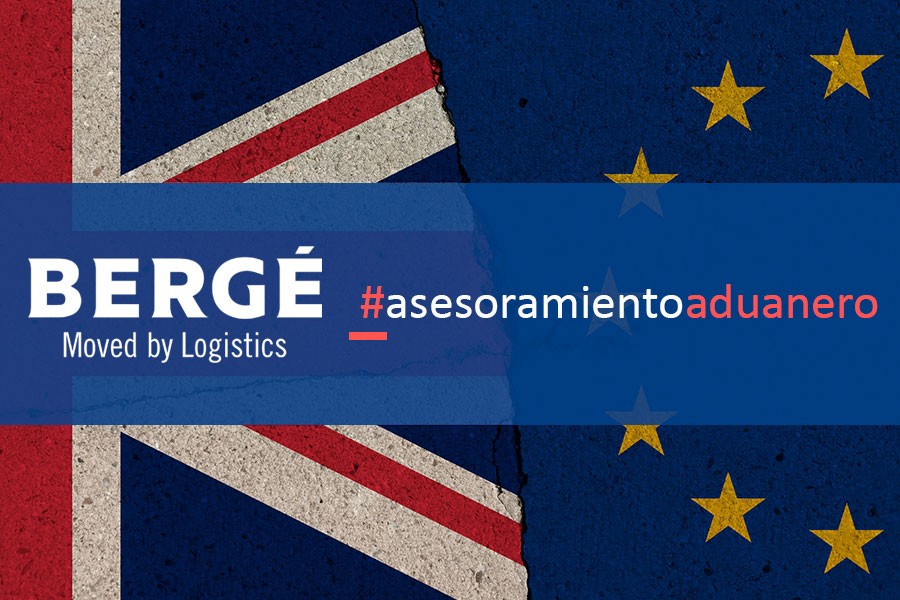BERGÉ through its Customs area, will carry out all of the customs procedures for its clients with the United Kingdom after BREXIT on 1 January when it will become a third country, fully affecting the exchange of goods with the European Union (EU). The aim is to make it easier to manage all the necessary procedures, as well as offer companies guidance to help them successfully adapt to the new circumstances for business relationships with this country.
To be specific, BERGÉ has launched a consultancy service to help companies anticipate the situation after the United Kingdom has left the EU, thereby strengthening its value proposition to its clients.
It will also take on new operations in which it will act as the company’s representative to facilitate and streamline import and export activity, managing tax and tariffs, providing certification in controls and offering assistance in border inspections.
Customs representative
In this context, BERGÉ adopts the role of customs representative whenever one is needed to facilitate and advise on transactions with third countries and applying the trade policy, given the challenge of the new situation, especially for operators without much experience in the international market.
Thus, the company recommends making preparations before an Economic Operators Registration and Identification number (EORI) is obligatory for operators that send or receive goods from the United Kingdom and that, until now, have not had a relationship with third countries.
Additionally, taking into account the recommendations of the Spanish Tax Office, BERGÉ will help its clients to complete pre-import declarations, given that this can be done with minimum data up to 30 days before the goods arrive. This makes it possible to anticipate the Administration’s controls and requirements at the border and significantly simplify this type of procedure.
As a logistics operator, it will also help its clients to pass the border controls that its various merchandise will be subject to, as well as obtain any licences needed to export and import certain products.
Other implications of BREXIT are the revision of requirements relating to transport safety, obligations and costs (Incoterms); the particular impact that the United Kingdom leaving the EU will have on transporting wheeled cargo (RORO) by sea or land; the need to submit customs declarations; and the requirement to provide security details, among others.
Finally, in relation to tax, BERGÉ suggests registering in the deferred VAT system in order to streamline payments, save time, simplify procedures and avoid financing costs, given that from 1st January, goods imported from the United Kingdom will be subject to VAT charges in the destination country in the EU.
